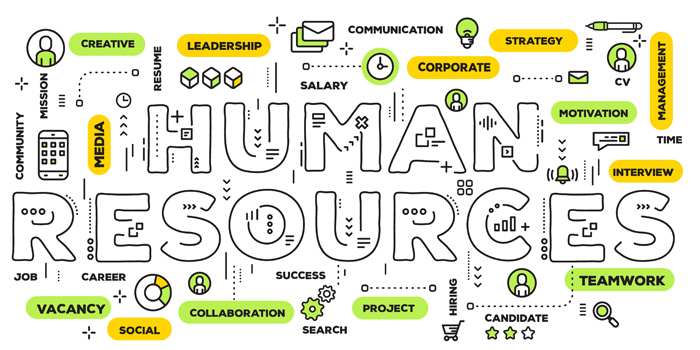
In modern human capital management the HR needs to be a function of corporate strategy for process analysis and optimization. It is inevitable.
So, most often the role of traditional HR to process managers is that of throughput, which is neither input nor output and irritating to those engrossed with their own work. The only option is to discipline things around the workplace so that HR's work is seen as super important - otherwise restructuring, or optimization of processes and people are going to fail at most levels.
Why HR work is important
And in the new post-recession world, restructuring and process optimization are not periodic exercises but continuously present elements of corporate strategy and survival.
The importance of "throughput" cannot be neglected because what is "output" for one process is "input" for another, and inputs and outputs are balanced and optimized by "throughputs."
Let's make that play of words a bit simple to understand by an example:
In the recruitment process, if candidate applications are inputs, then selection and induction methods are throughputs and the outputs are quality hires. These outputs in turn become inputs for floor managers whose throughputs affect individual employee outputs like performance, progress, and tenure.
Why people hate HR
From a larger point of view, though the work of HR in relation to the organization is that of "throughputs," to line managers and employees HR work assumes the role of inputs (quite often unwanted). People managing productive processes see little value in HR work. Line managers are committed to beating deadlines and getting their work done - to them HR, with their endless surveys and feedback mechanisms look more like a nuisance rather than business partners.
Take a look from the viewpoint of the process or line manager.
Here is someone in the middle of a complex situation trying to deliver actual products or services against customer or client needs. Suddenly someone from the HR appears asking him to stop his work and answer a bunch of questions. At that moment, it matters little to the line manager that the questions being asked are important for the company - that HR guy is still seen as a pest, because he is not showing concern for the problems of the line manager. And if the requests of HR are ignored, then they quote policy. This is why traditional HR finds little sympathy with people handling product or service processes.
What you can do about making HR work effectively
The only way to tackle this is first make the HR aware of the value of the time of employees and managers and communicate more through emails and other methods, where the people can answer questions at their own priority and not feel pressurized. The next thing to do is to make periodic process analysis a company habit, so employees become used to routine surveys made by the HR. And the third thing that can be done is to make employees aware that HR functions are critical and they do many more things than just serving as an employee call center.
The importance of HR needs to be ingrained into company culture for HR to be able to provide value. And this needs to happen from the top.


